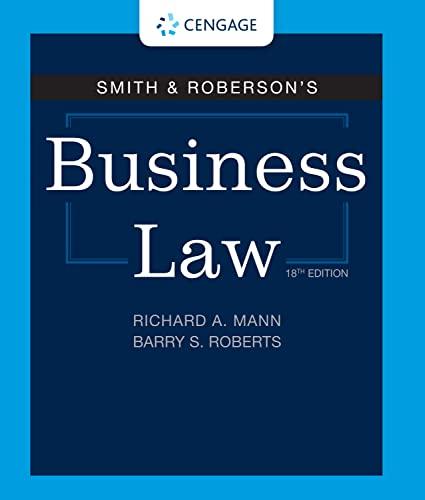Question
Before reading the content for this week, I was under the assumption that interviews and interrogations used by law enforcement were simple and had many
Before reading the content for this week, I was under the assumption that interviews and interrogations used by law enforcement were simple and had many rules. Interrogation and interview tactics used in the United States are rather rough and direct. I was surprised to learn that tricking a suspect and using mind game-like tactics are common practices here. Interviews can be given by people voluntarily, however, if the person becomes a suspect at any time, they are subject to interrogation. The textbook describes an interrogation as more accusatory and something that aims to garner a confession and gain information (Bartol, Bartol, 2022). The most popular method used in the United States is the Reid Method, which is an accusatorial method used to interview and interrogate suspects. Many people criticize this method because of how confrontational it is and the presumption of guilt that it infers. I was honestly, not too surprised to hear that this is the most used in the United States. Our criminal system, from what I understand, tends to be very cold and quick to judge. I would imagine that a method such as the Rein Method works to get confessions quickly, even if those confessions do not include the full story. I enjoyed learning about investigative interviewing, which Canada and Western European countries tend to favor. In this method of interviewing, investigators are more neutral and use open ended questions to foster discussion and gain more knowledge (Bartol, Bartol, 2022). This method made more sense to me, making me wonder why America has not moved in this direction. Investigative interviewing has many positives, it seems to allow those being investigated to feel ore comfortable, which may in turn lead to them offering up more information, it reduces false confessions by easing the pressure put on those interviewed, and it allows people to state what was true to them.
The U.S. granted law enforcement a "wide latitude in trying to obtain confessions from suspects" (Bartol, Bartol, 2022). Basically, very little is off the table when it comes to interrogations, as long as suspects have been given their Miranda Rights. Officers are allowed to lie to suspects to coerce answers from them. This includes telling a suspect they have evidence that they don't of even stating that another person has ratted them out. Understandably, many people do not support this tactic and worry that it might lead to more false confessions. Finally, interviews and interrogations can last for hours on end, which I find to be problematic. I would imagine that nothing productive comes from interviewing an overly tired and emotionally drained individual. This practice seems like a type of dirty trick and should be ended. As the U.S. becomes increasingly aware of the different practices taking place around the world, I wonder how this will encourage us to change our beliefs and the ways in which we gather information through interviews and interrogations. (489)
Works Cited:
Bartol, C., & Bartol, A. (2022). Introduction to Forensic Psychology (6th ed.). SAGE Publications, Inc.
PLEASE READ AND ANSWER THE FOLLWOING QUESTIONS:
PLEASE PICK THREE THINGS YOU AGREE WITH IN DETAIL AND LINK THEM BACK TO ACTUAL US COURT CASES
PLEASE QUOTE ANY SOURCES USE THANK YOU.
Step by Step Solution
There are 3 Steps involved in it
Step: 1

Get Instant Access to Expert-Tailored Solutions
See step-by-step solutions with expert insights and AI powered tools for academic success
Step: 2

Step: 3

Ace Your Homework with AI
Get the answers you need in no time with our AI-driven, step-by-step assistance
Get Started


